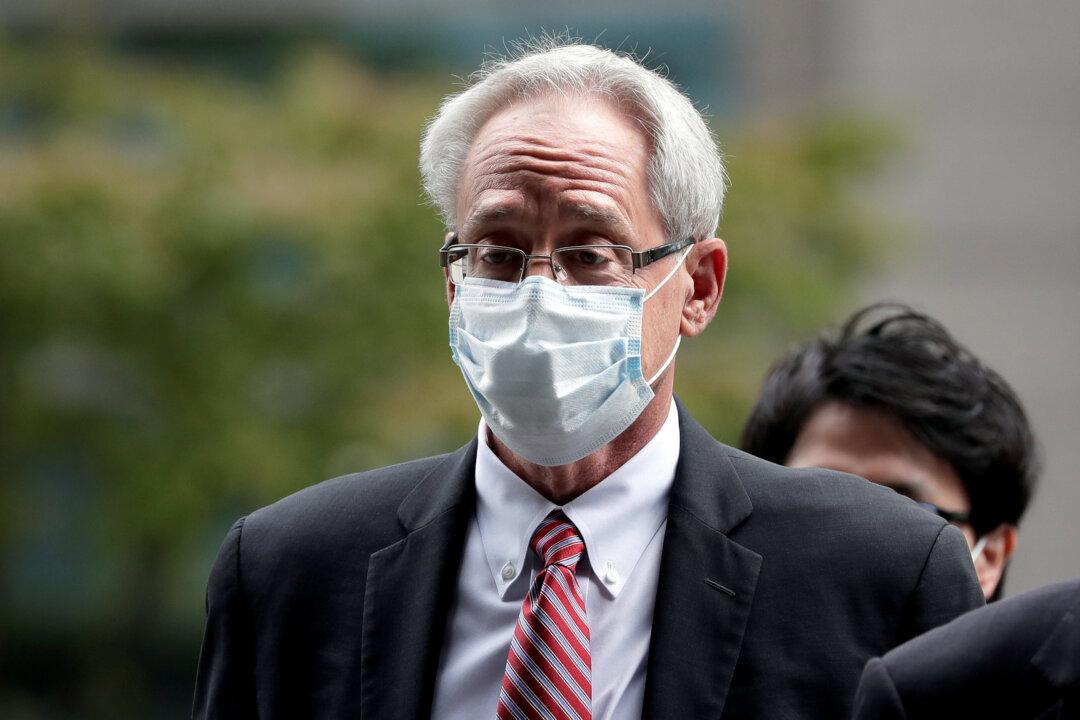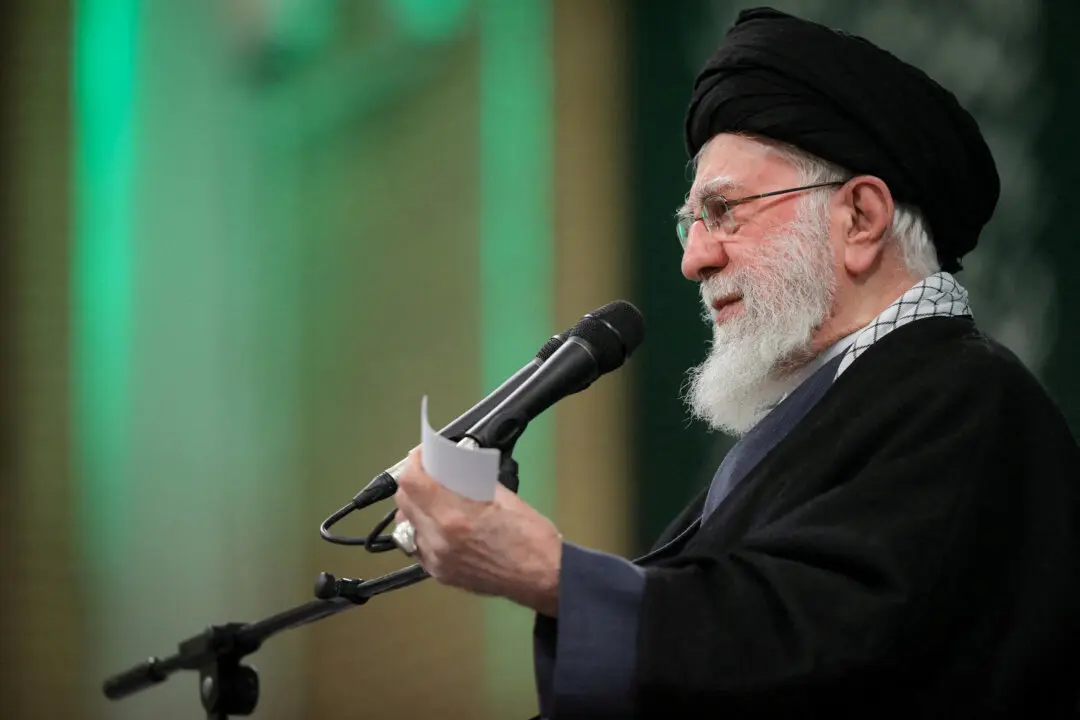TOKYO—Former Nissan Motor executive Greg Kelly denied charges he helped former boss Carlos Ghosn hide income as the American lawyer’s trial opened in Tokyo on Tuesday, almost 2 years after Japanese prosecutors arrested the pair.
Kelly, who has been on bail in Japan since his release from jail in 2018, delivered his plea to the court without co-accused Ghosn, who fled to Lebanon in December following a dramatic escape from Japan.





